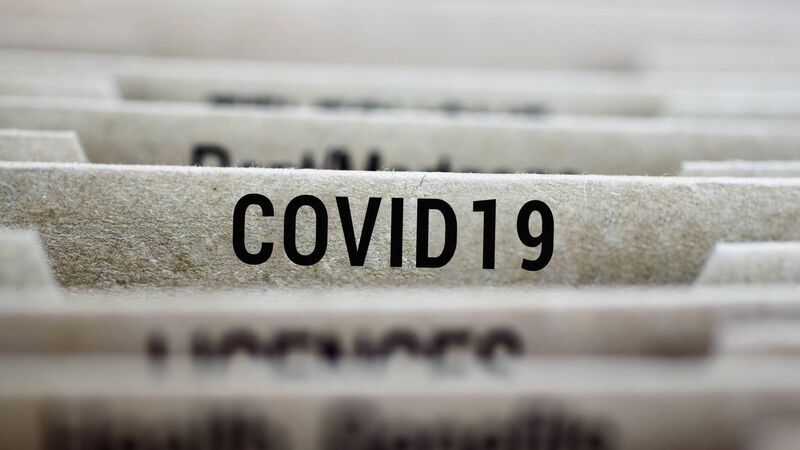Self-isolation period for confirmed Covid-19 cases reduced to 10 days

Guidance from the Health Protection Surveillance Centre (HPSC) says the full two weeks would be necessary if symptoms are still present.
The self-isolation period for people with Covid-19 has reduced from 14 days to 10.
Guidance from the Health Protection Surveillance Centre (HPSC) says the full two weeks would be necessary if symptoms are still present.










